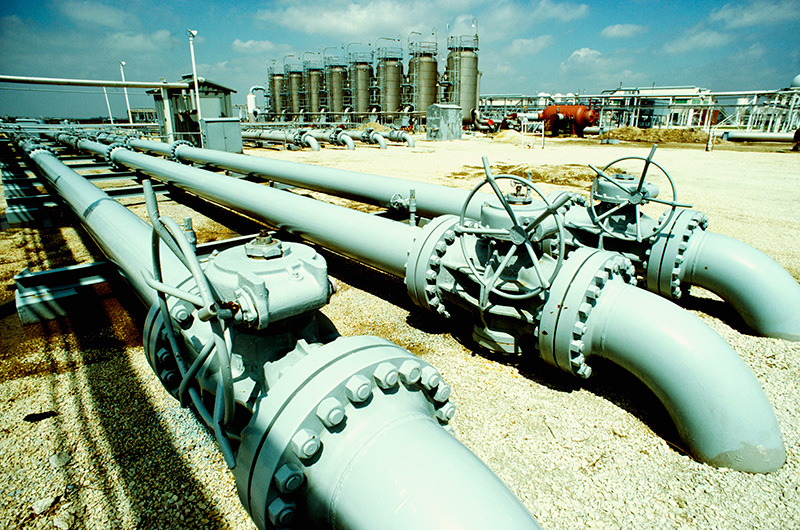
As our lawmakers become increasingly interested in lessening our reliance on foreign energy, the debate over the best way to accomplish this goal continues to rage. The Keystone XL Pipeline project–1,179 miles of pipe stretching from Alberta, Canada to Port Arthur, Texas–is the latest proposal facing a legislation vote some time next year. Canada currently has the third-largest oil reserves in the world. The type of oil being extracted comes from tar sands, a mixture of clay, sand and a thick oil.

In 2008, President George W. Bush granted a permit to begin construction, which is being completed in phases. In 2010, President Obama rejected a request for a presidential permit (needed to go forward) on the grounds of “inadequate environmental assessment.” Last week, the House of Representatives voted to approve a new bill that would allow construction on the pipeline to continue. The Senate failed to pass the bill, however, now that the Republicans have regained control of the Senate, it is likely to be revisited in 2015.
Is the Keystone XL Pipeline Good For Our Country?
YES
- Lessens Our Dependence on Foreign Oil As btw recently reported, domestic oil production is already largely responsible for a drop in prices at the gas pump. This is because the U.S. has shifted its focus from importing oil from unstable countries in the Middle East. Supporters of the Keystone XL is in line with President Obama’s All-of-the-Above energy strategy.
- Expanding on an Existing Market The existing pipeline already transports nearly 550,000 barrels of oil each day. If the U.S. doesn’t get involved, it will be extracted anyway and sold to countries like China, which is looking to purchase inexpensive and plentiful energy.
- Job Creation Industry insiders believe the construction of the pipeline could create around 42,000 jobs and stimulate the economy by $7 billion in ongoing economic activity and tax revenues. The costly burden of building the pipeline does not fall on taxpayers. Keystone XL is being financed by the energy company, TransCanada, with other oil companies making contributions.
- Safety Concerns Can be Minimized Industry experts say that the Keystone XL pipeline is the “safest and most advanced” pipeline that exists. Spills can be remedied by encasing the pipe in concrete in areas considered the most sensitive.
NO
- Damage to Environment This is the major opposition to the construction of the Keystone XL. When President Obama rejected the permit in 2010, he was reportedly influenced by the Environmental Protection Agency (EPA), the governmental agency that writes and enforces regulations. Here are some specific concerns:
- Carbon Emissions The act of extracting petroleum from “oil sands” (the kind located in Canada) contains much more carbon-intensive petroleum than traditional crude oil that comes from Saudi Arabia and even Texas. Experts say the act of extracting this kind of oil creates 17 percent higher greenhouse gas emissions (a cause of global warming) than traditional oil drilling.
- Threat of Spills An accidental oil spill or pipeline leakage could cause major pollution and harm many types of wildlife. The type of oil being transported is very heavy. There is also the threat of the chemicals used to drill seeping into nearby rivers and groundwater.
- Fragile Ecosystems In 2011, the U.S. State Department determined that a region in Nebraska that is in the path of the proposed pipeline expansion is not ideal because the pipeline is too close to an important source of groundwater. There are other states that will consider enacting permit privileges for the construction of the pipeline. Others are protected under the Endangered Species Act.
